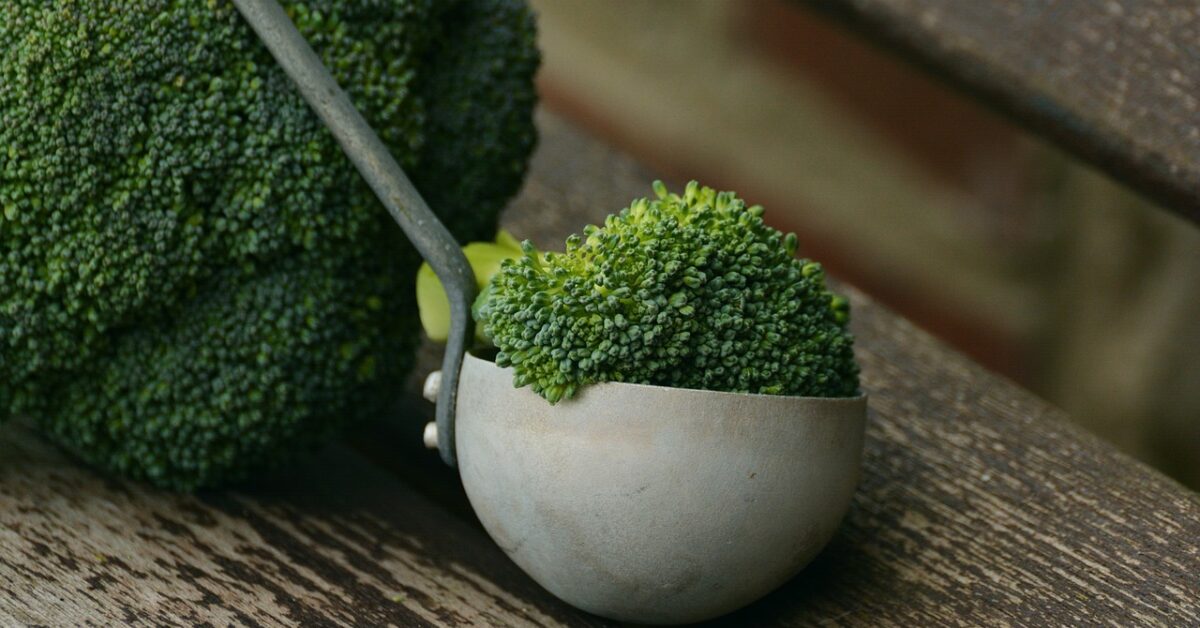Why Do Vegans Fart More?
One of the common misconceptions about veganism is that it leads to excessive flatulence. While it is true that some vegans may experience increased gas production, it is not a universal phenomenon. The reason behind this lies in the dietary changes that occur when transitioning to a vegan lifestyle. By understanding the factors that contribute to vegan farts, individuals can make informed choices to minimize discomfort and promote digestive health.
The Role of Fiber
Fiber is a key component of a vegan diet and is found abundantly in fruits, vegetables, whole grains, and legumes. While fiber is essential for maintaining a healthy digestive system, it can also lead to increased gas production. This is because the human body lacks the enzymes necessary to break down certain types of fiber, such as soluble fiber. As a result, these fibers pass through the digestive system undigested, where they are fermented by gut bacteria, producing gas as a byproduct.
Examples of high-fiber vegan foods:
- Broccoli
- Beans
- Lentils
- Chickpeas
- Quinoa
- Chia seeds
Increased Intake of Legumes
Legumes, such as beans, lentils, and chickpeas, are staple foods in many vegan diets. They are excellent sources of protein, fiber, and essential nutrients. However, legumes contain complex carbohydrates called oligosaccharides, which can be difficult for the body to digest. When these carbohydrates reach the large intestine undigested, gut bacteria ferment them, leading to the production of gas.
Strategies to reduce legume-induced flatulence:
- Soak dried legumes overnight before cooking to reduce oligosaccharide content.
- Gradually increase legume consumption to allow the body to adjust.
- Include digestive aids, such as ginger or cumin, when cooking legumes.
Imbalanced Gut Microbiota
The gut microbiota plays a crucial role in digestion and overall health. When transitioning to a vegan diet, the composition of the gut microbiota may change, leading to increased gas production. This is because different types of bacteria thrive on different types of food. As the diet shifts to include more plant-based foods, certain bacteria may become more dominant, resulting in increased fermentation and gas production.
Ways to promote a healthy gut microbiota:
- Include a variety of plant-based foods in the diet to support a diverse microbiota.
- Consume fermented foods, such as sauerkraut or kimchi, which contain beneficial bacteria.
- Consider probiotic supplements to restore and maintain a healthy gut microbiota.
Food Combining
The way foods are combined in a meal can also influence gas production. Some food combinations can lead to fermentation and gas formation in the digestive system. For example, combining high-starch foods, like potatoes or rice, with high-protein foods, such as tofu or seitan, can result in increased flatulence. This is because starches require an alkaline environment for digestion, while proteins require an acidic environment. When these conflicting conditions occur simultaneously, digestion may be compromised, leading to gas production.
Tips for optimal food combining:
- Separate high-starch and high-protein foods in meals.
- Include vegetables with every meal to aid digestion.
- Experiment with different food combinations to find what works best for your body.
Conclusion
While vegan farts may be a common occurrence for some individuals, they are not an inevitable consequence of a plant-based diet. By understanding the factors that contribute to increased gas production, individuals can make dietary adjustments and implement strategies to minimize discomfort. It is important to remember that everyone’s digestive system is unique, and what works for one person may not work for another. Experimentation and listening to your body are key to finding a balance that promotes digestive health while enjoying the benefits of a vegan lifestyle.
